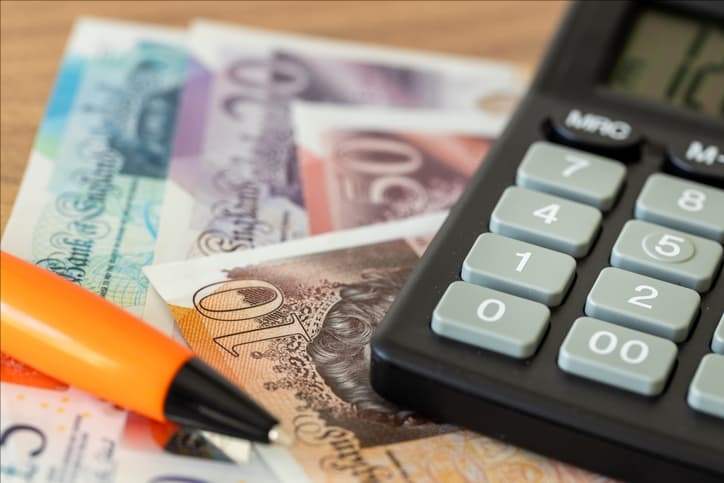Capital Allowance in the UK
When it comes to running a business in the UK, taxes can be a significant burden. However, there is a powerful tool at your disposal that often goes overlooked – capital allowance. Understanding and leveraging this concept can lead to substantial tax savings for your business.
Capital allowance is a form of tax relief provided by the UK government to encourage businesses to invest in certain assets that aid in their growth and development. It allows you to deduct a portion of the cost of qualifying capital assets from your taxable profits. In essence, it’s a tax benefit designed to reward businesses for making essential investments.
The capital allowance scheme comes with its advantages:
- Tax Reduction – Capital allowance reduces your taxable profits, which, in turn, lowers your tax liability. This translates into significant tax savings for your business.
- Encouragement for Investment – The purpose behind this scheme is to encourage businesses to invest in assets. This investment helps stimulate economic growth and innovation, fostering a robust and competitive business environment.
- Cash Flow Enhancement – Capital allowance frees up cash that can be re-invested in your business. To be used for various purposes, including expansion, equipment upgrades and staff development.
- Asset Valuation and Reinvestment – The concept of balancing allowance and charge can work in your favour when selling or disposing of assets, providing tax advantages that may influence your asset management strategy.
- Competitive Edge – Businesses that leverage capital allowance enjoy financial advantages that can be used to enhance their competitiveness. Whether it is investing in product development, quality improvement, or marketing, these tax savings can make a significant difference.
Property Capital Allowance
Property Capital Allowance is a specialised form of tax relief that allows individuals and businesses to claim tax deductions on certain types of capital expenditure related to commercial properties.
There are two main types of property capital allowance in the UK:
- Main Pool / Plant and Machinery Allowances: These allowances cover the costs of fixtures and fittings within commercial properties, such as lighting, heating systems, air conditioning, and security systems. The items that qualify for plant and machinery allowances are defined by the tax authorities, and the specific rules can change over time.
- Special Rate Pool Allowances: This category of allowances typically covers integral features of a building, such as lifts, escalators, and long-life assets. The rules for special rate pool allowances may differ from those for Main Pool allowances.
Optimising Property Capital Allowance
To claim property capital allowance in the UK, the property owner or business must meet certain conditions and undertake an evaluation of the eligible assets. The value of the allowances is typically calculated based on the capital expenditure incurred on eligible items within the property. These allowances can then be offset against taxable profits, reducing the tax liability.
It is important to note that property capital allowances can be a complex area of tax law, and it is advisable to seek professional advice from a tax specialist to ensure compliance and maximise the potential tax benefits. Additionally, the rules and regulations surrounding property capital allowances like most UK laws may change over time, so it is essential to stay up to date with the current tax laws and guidelines.
Momentum Group
Capital allowance in the UK is a valuable resource for reducing your tax liability while promoting business investments. By understanding and optimising capital allowance, you can enjoy immediate tax relief and set your business on a path to sustainable growth and success. It is a powerful tool for maximising your tax savings and financial well-being.
At The Momentum Group our Capital Allowance experts provide a free, no obligation preliminary review of your entitlement to claim.



 Call 028 9140 4030
Call 028 9140 4030 Check Eligibility
Check Eligibility Enquire Now
Enquire Now


